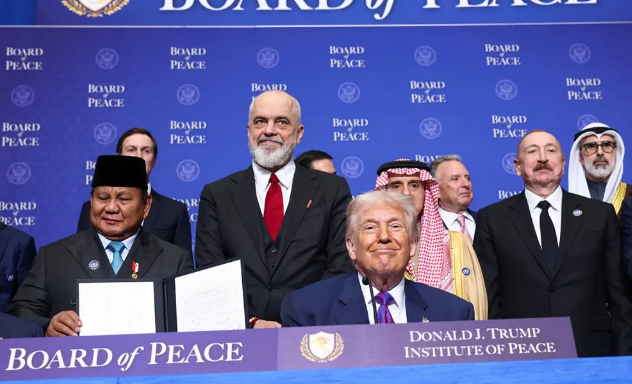
Indonesia snubs China benefits
Asserting Strategic Independence
Indonesia’s decision to snub China’s invitation signals a clear assertion of its strategic independence. Instead of following Beijing’s lead unconditionally, Jakarta chooses to balance its international partnerships carefully. Consequently, this move protects Indonesia’s sovereignty and ensures it does not become overly reliant on any single global power. Moreover, it empowers Indonesia to make decisions that reflect its own national priorities.
Strengthening National Sovereignty
By rejecting China’s invite, Indonesia strengthens its national sovereignty in an uncertain geopolitical landscape. The country sends a strong message that it prioritizes domestic interests and long-term stability over external pressures. Furthermore, this stance cultivates greater public trust, as citizens see their leaders defending Indonesia’s autonomy. Importantly, it also discourages any attempts at undue influence that could compromise Indonesia’s political and economic decisions.

Managing Domestic Concerns
The snub also reflects Indonesia’s responsiveness to domestic concerns about China’s expanding influence in the region. Massive protests in Jakarta demonstrate widespread unease with increased foreign interference and assertive diplomacy. Thus, the government’s decision to cancel the China visit aligns with popular sentiment and helps maintain social cohesion. Additionally, it signals to the population that their voices and national dignity matter strongly to leadership.
Enhancing Diplomatic Flexibility
Instead of isolating itself, Indonesia uses this move to diversify its diplomatic relationships. It maintains healthy ties with China economically while expanding cooperation with other global and regional powers like the United States and ASEAN neighbors. Therefore, Indonesia’s foreign policy becomes more flexible and resilient amid global uncertainties and shifting alliances. This diversification helps the country weather potential geopolitical storms without sacrificing its key interests.
Supporting Regional Stability
Indonesia’s assertiveness encourages a more balanced regional order in Southeast Asia. By refusing to yield to pressure, Jakarta preserves a multipolar environment that fosters peace and stability. In turn, this limits any single country’s dominance, benefiting all ASEAN members. Moreover, it strengthens Indonesia’s role as a regional leader that champions autonomy and fair diplomatic engagement.
The Bottom Line
Indonesia’s snub of China is more than a diplomatic rebuff—it is a strategic, forward-looking decision. It strengthens national sovereignty, reflects public will, and promotes balanced diplomacy. Most importantly, it positions Indonesia to better navigate the complex geopolitics of the future while protecting its integrity and interests. As global power dynamics continue to evolve, Indonesia’s move represents a courageous step toward self-determination and long-term prosperity.




